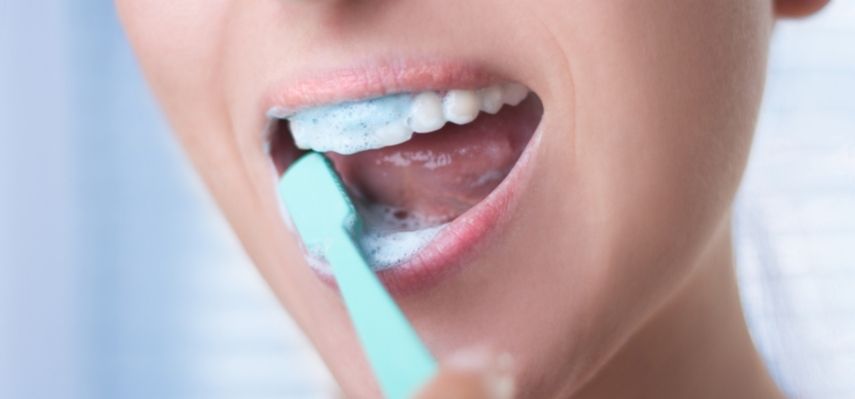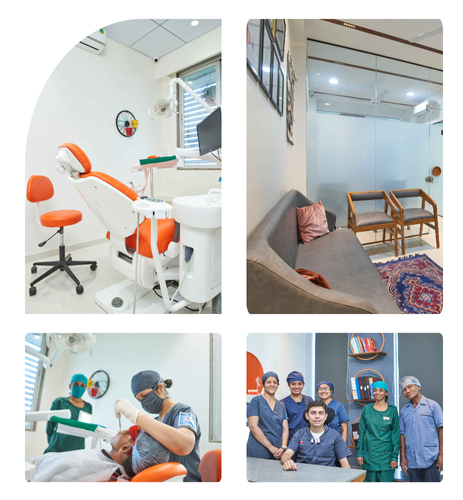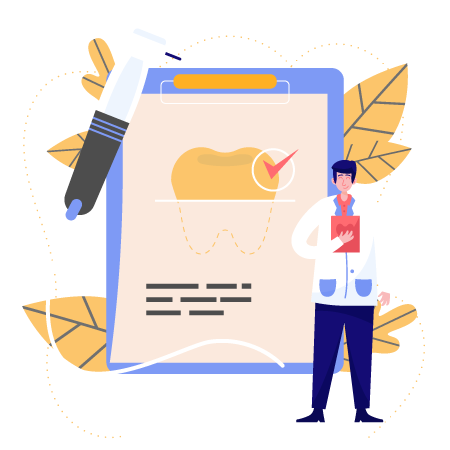
The importance of teeth is not just limited to appearance but also helps you in digesting food and speaking. Good oral hygiene is key to keeping your body healthy overall. With a lot of information available on the internet about oral health, most of us are aware of the importance of oral hygiene and how to maintain it in good condition. However, are we putting this information into practice? If yes, then aren't our habits flawed?
Dentists usually emphasize on dietary choices. To prevent tooth decay, you must have always received advice from your dentist to strictly control the amount of carbohydrates in your food and drinks like sugar and chocolate, soda and Red Bull. Apart from this, every dentist recommends brushing your teeth twice a day. However, most people brush only once a day. A section of the society that is conscious about oral health brushes two or even three times a day, while there are many who do not give it any importance at all.
Brushing twice a day and at the same time can have a huge impact on your oral health. Brushing in the morning not only protects against cavities, but also helps fight bad breath and starts the day off fresh. So when should you brush next time? After eating or before bed? Let's answer this question.
Decay is usually caused by the production of acid by bacteria that feed on food particles stuck to the teeth. Every time we eat, our teeth come into contact with carbohydrates, which are basically glucose (sugar). If these food particles remain on the teeth, the bacteria on the surface of your teeth will start consuming them and as a result release acid which causes tooth decay. Ultimately, it also leads to gum disease. The longer food remains on the teeth, the more and faster the effect of acid will be seen! Naturally, saliva helps to wash away food particles stuck on the teeth and keep the mouth clean. But our salivary glands produce less saliva during sleep at night than during the day. This is why people whose mouths are constantly dry (naturally or due to medication) are usually more prone to tooth decay. Now, if we don't brush our teeth before going to bed, food particles remain on our teeth all night and our mouth also remains dry, which over time contributes greatly to tooth decay.
Now you might have understood why it is more beneficial to brush your teeth before going to bed at night. Some people insist on brushing after lunch to avoid bad breath, which can be considered very wrong. The amount of acid in the mouth is high after eating. Therefore, brushing immediately after eating causes this acid to rub against the teeth and damage their protective layer - enamel. Due to this, a higher level of sensitivity has been recorded in the teeth of such people. To avoid bad breath, you can rinse your mouth well and clean your tongue. Drink water on time so that the mouth remains moist. Eating sugar-free chewing gum after eating can also reduce bad breath. However, if you must brush, you can do it half an hour after eating.





